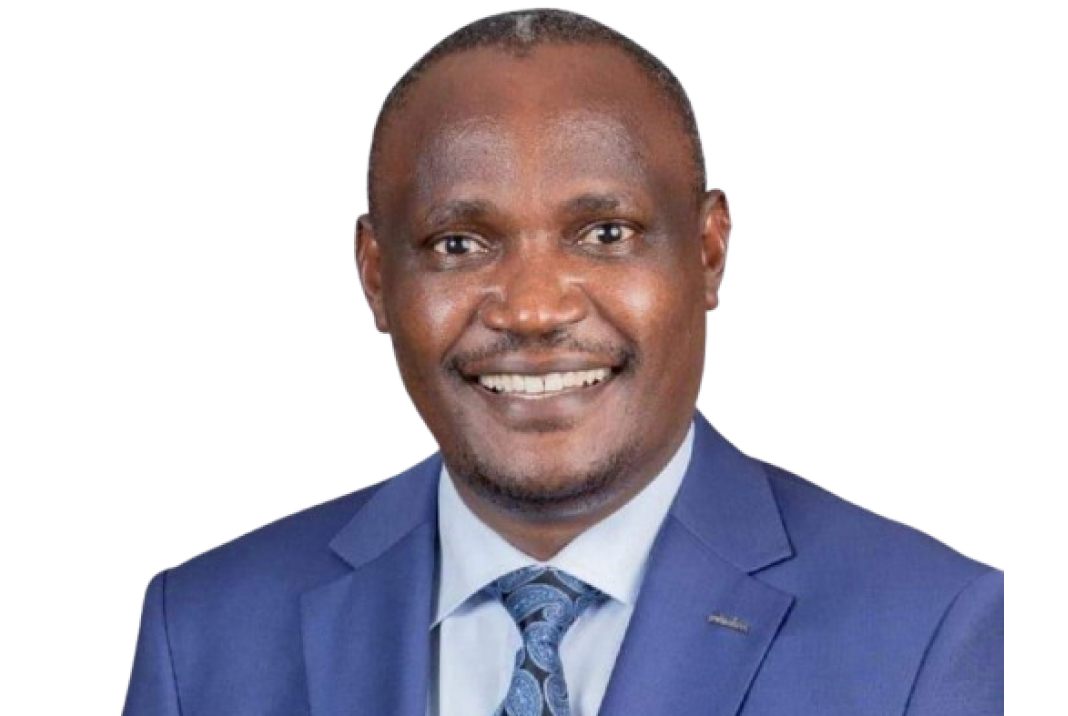By James Okoth
For seven days, Kenya stood still. The chatter of politics faded, the engines of business slowed, and the pulse of a restless nation softened into mourning. In those quiet days following the death of Raila Amolo Odinga, time itself seemed to hesitate — as though the country had entered a sacred pause.
They were not official holidays written into the calendar. They were Raila’s public holidays — days when the ordinary rhythms of life gave way to collective reflection, grief, and gratitude. The markets still opened, but nobody bargained as loudly. The airwaves still hummed, but with voices lowered in reverence.
Across the land, from Kibra to Kisumu, Nairobi to Nyeri, Kenyans shared one silence — the silence of loss. For decades, Raila’s name had stirred passion and protest; his voice had mobilized hope and fury in equal measure. But in death, he united the country in a stillness so deep it felt biblical.
Now, those days have passed. The flags have returned to full mast. The crowds that filled stadiums and streets have gone home. Kenya resumes its routines — but the air feels different. The public holidays of the heart are over, and the nation faces a sobering question: what next?
For the first time in its independent history, Kenya must chart its future without the man who best embodied its contradictions — a rebel and reformer, a patriot and provocateur, a man loved, hated, feared, and revered in equal measure.
Raila Odinga’s death was not merely the passing of a politician; it was the closing of a political generation. For decades, he was Kenya’s conscience in motion — the voice that reminded presidents of promises made, and citizens of rights yet to be claimed. His defiance was not only political; it was moral.
During the seven days of mourning, it felt as if Kenya had entered a classroom of the soul, revisiting the lessons he taught — courage, sacrifice, and persistence. But now that the mourning tents have been folded, and the speeches archived, the nation stands before a mirror.
Will Kenya honour his legacy in deeds, or bury it alongside him in Bondo?
In that quiet village by Lake Victoria, where the red earth still holds the weight of fresh wreaths, the story of a man and a movement finds its resting place. But for the country he fought to reform, the story cannot end. The destiny Raila spoke of — of justice, inclusion, and accountable leadership — still beckons from the horizon.
His death forces a reckoning: can Kenya finally move from politics of personality to politics of principle? Can the opposition, long defined by his charisma, reinvent itself into an institution strong enough to outlive its icons?
As one mourner in Siaya whispered, “The country stopped for him, but he stopped for the country.”
Indeed, Raila’s “public holidays” are over. But they leave behind a rare kind of silence — not of emptiness, but of expectation. A silence urging Kenya to rise to its destiny, to finish the work he began, and to live up to the democracy he dreamed of.
The world, too, paused.
From Washington, former U.S. President Barack Obama — himself of Kenyan descent — mourned Raila as “a statesman who carried the hopes of a people through turbulent decades and never stopped believing in the power of democracy.” The African Union, the Commonwealth, and leaders across the continent echoed that sentiment, calling him “a father of multiparty Africa,” “a patriot of the people,” and “a freedom fighter who never gave up the ballot for the bullet.”
From Addis Ababa to London, from Pretoria to New York, flags flew at half-mast. The grief that began on the shores of Lake Victoria had rippled into the conscience of the world — for this was no ordinary politician. He was a continental voice, a global reformer, a man whose courage transcended borders.
And yet, it was here — in Kenya — that the weight of his absence felt most profound.
For now, the mourning is done. The flags flutter again. Life resumes.
But somewhere in the national conscience, the echo of those seven sacred days still lingers — a reminder that Kenya once paused for a man who refused to pause for injustice.
“Raila is gone,” one elder said in Bondo, “but the road he built still leads forward.”
The man rests, but the movement breathes. The public holidays fade — yet the lessons remain.
And as Kenya faces its date with destiny, it does so under the watchful memory of a man who turned struggle into sacrifice, and sacrifice into a nation’s soul.




